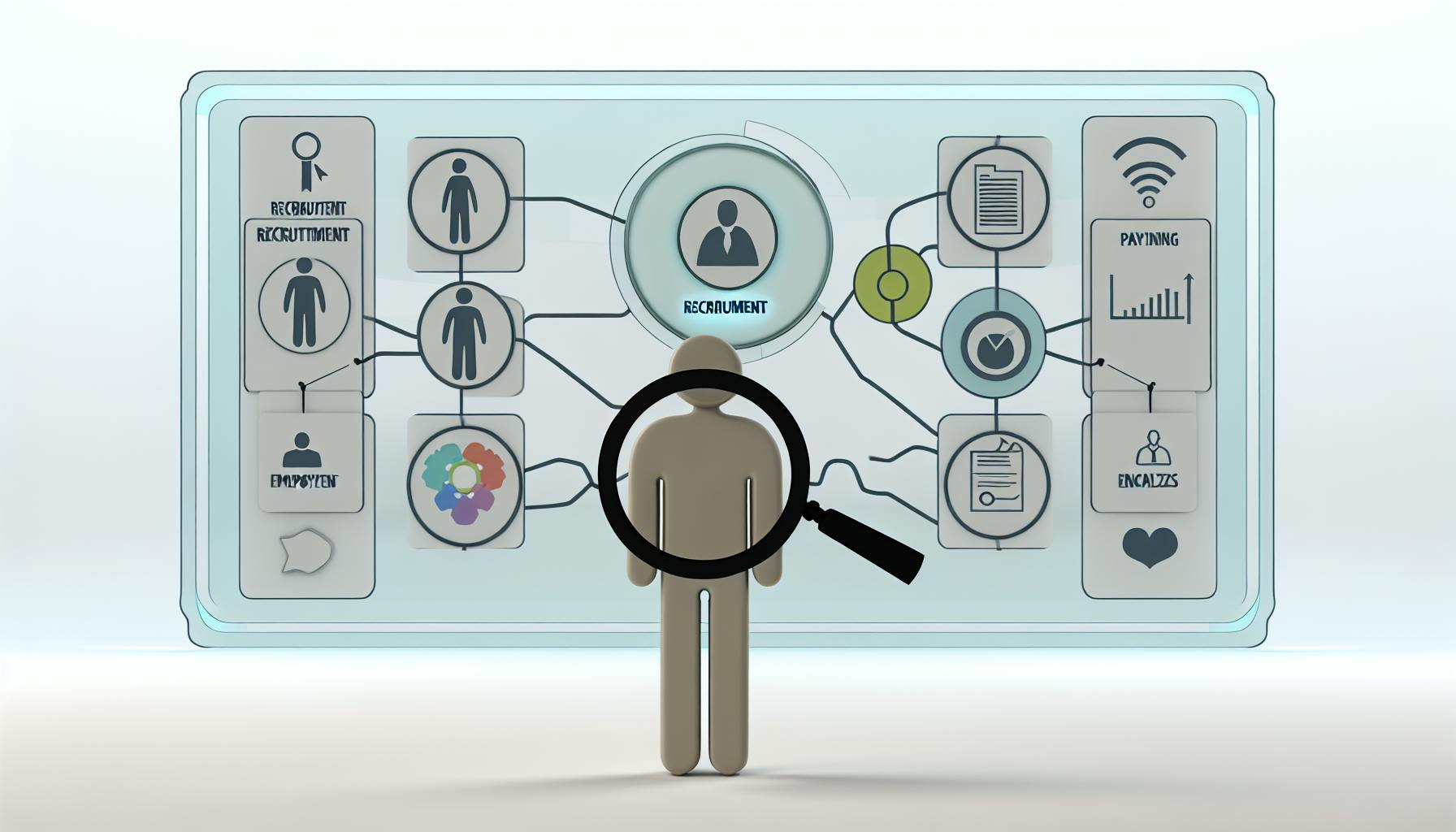
Oracle Corp.'s landmark $25 million settlement of a gender pay discrimination lawsuit serves as a wake-up call to all corporate boards and HR leaders that disparities in compensation will no longer go unchecked. The suit, filed by 4,000 women in technology roles within California, alleged that Oracle paid them less than their male counterparts for similar work. The settlement, which is pending final approval, includes not only compensation for the women affected since June 2013 but also mandates the hiring of an independent expert to review Oracle's pay practices. This decisive action is a significant stride towards rectifying systemic pay inequalities and demonstrates the necessity for transparent and fair pay structures in every organization.
Considering this precedent, board members and HR leaders must recognize that inequitable pay is a critical governance issue. The outdated practice of paying women $0.80 for every dollar a man makes is not only unjust but also detrimental to the company's morale and public image (ask Oracle!). Calculating with the assumption of a standard work schedule and excluding weekends and public holidays, women effectively start to earn their salary from March 11th, when 20% of the work year has elapsed, while men have been earning since January 1st. This disparity is not just a pay issue; it's a stark reminder of the work still needed to achieve true equity.
The imperative for closing the gender pay gap is highlighted by the alarming statistics from The State of Work Today survey, where only 25% of women feel they are paid fairly compared to 64% of men. This stark contrast underscores the persistent undervaluation of women's contributions in the workplace. Such an imbalance is not just a financial issue; it's an ethical one that requires immediate and sustained action.
To move towards closing the gender pay gap, companies should:
1. Implement regular and transparent pay audits to identify and address pay disparities.
2. Establish clear and unbiased criteria for pay and promotions.
3. Foster an environment where salary negotiations are encouraged and supported.
4. Educate leaders on the importance of pay equity for both ethical and business reasons.
5. Develop policies supporting a diverse and inclusive workforce, which includes considerations for work-life balance and mental health.
6. Set specific targets for pay equity, monitor progress, and communicate these efforts to all stakeholders.
Addressing pay equity is integral to cultivating a workplace that values inclusivity, engagement, and employee well-being. As board members and HR leaders steer their organizations towards a future where equitable pay is a given, they will find that fairness is not only a moral imperative but a cornerstone of a thriving, respected business. And keep your brand off the frontpage of the newspaper.
As we navigate the complexities of achieving pay equity, we are excited to announce a unique opportunity for forward-thinking organizations. We are seeking 10 beta testers for our innovative AI-powered pay equity tool. Ideal candidates will have an HRIS system and a workforce of at least 300 employees. Traditional pay equity studies can be a significant investment, often ranging from $30,000 to $50,000. However, our beta program offers this advanced analysis at the exceptional value of $5,000, with all profits being donated to AAUW, an organization dedicated to combating gender wage discrimination.
To learn more about how our solution can benefit your organization, please visit us here. If you are ready to take a proactive step towards closing the gender pay gap and wish to participate as a beta tester, we invite you to email us directly to express your interest. This is more than just an opportunity to leverage leading-edge technology; it's a chance to be at the forefront of meaningful change towards equitable pay practices.
My daughter and niece, and all women, deserve this.


